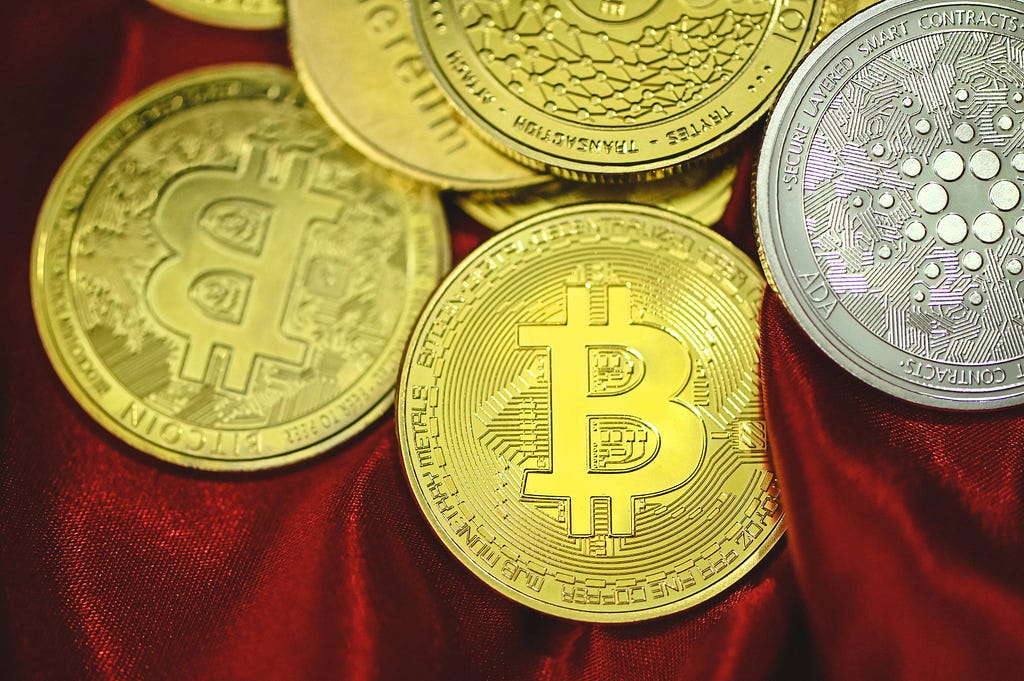With Bitcoin recently reaching new all-time highs, the excitement around cryptocurrency is more intense than ever. Everyone wants in on the action, but unfortunately, scammers are just as eager to cash in. From fake websites to social media impersonators, these scams are designed to prey on anyone who’s excited about buying crypto without fully understanding the risks.
Let’s break down some of the most common scams in the crypto space and, more importantly, how you can stay safe and avoid falling victim to them.
1. Fake Websites and Exchanges
Imagine you’re ready to buy some crypto, so you Google “best cryptocurrency exchanges.” You find one that looks legit and start putting in your info. Only later do you realize it was a fake site designed to steal your cash and data. These scams are surprisingly common.
How to avoid it:
- Always double-check URLs. Scammers create websites with slightly misspelled addresses, like “Binancee.com” instead of “Binance.com.”
- Stick to well-known, reputable exchanges like Coinbase, Kraken, or Binance.
- Bookmark the site you use so you’re not clicking on random links that may take you to fake sites.
2. Fake Wallets
A crypto wallet is like a bank account for your crypto, so you can imagine the horror when you realize the “wallet” you downloaded was fake, and now your funds are gone.
How to avoid it:
- Only download wallets from official sources. If it’s an app, check the reviews, number of downloads, and permissions.
- Look for popular, well-reviewed wallets like MetaMask, Trust Wallet, or Ledger if you’re considering hardware wallets.
- Be careful with wallet “update” messages, especially those you didn’t initiate — they’re often phishing scams.
3. Social Media Impersonators
You’re scrolling through Twitter, and suddenly, a post from “Elon Musk” says he’s giving away free crypto to anyone who sends a small amount first. It seems legit; after all, it’s Elon! Except it’s not. These impersonators lure people by posing as famous personalities or brands.
How to avoid it:
- Remember, no legitimate person or company will ask you to send crypto to receive more in return. This “send me 1 BTC, I’ll send you 2 BTC” trick is a classic scam.
- Always double-check social media handles, even if the account looks official. Scammers often create accounts with names that look nearly identical to the real ones.
4. Fake Initial Coin Offerings (ICOs) and Rug Pulls
ICOs and new token launches offer opportunities for early investments, but some are complete frauds or “rug pulls” where creators disappear with investor funds after hyping the project.
How to avoid it:
- Research any project thoroughly before investing. Check the team’s credentials, social media presence, and if they’re backed by reputable investors.
- Look out for unrealistic promises of “guaranteed returns” or “revolutionary tech” without any actual development to show.
- Stick to exchanges that verify new coins rigorously or platforms that list reputable ICOs if you’re interested in new projects.
5. Phishing Attacks
Phishing attacks aren’t unique to crypto, but they’re rampant in this space. You might get an email saying your wallet or exchange account needs urgent attention, leading you to a fake website designed to collect your login details.
How to avoid it:
- Never click on random links in emails, texts, or direct messages. Go to the official site directly and check your account.
- Use two-factor authentication (2FA) on all your accounts. This way, even if someone has your password, they can’t log in without the second factor.
6. Ponzi Schemes and “Too Good to Be True” Investments
If an “investment opportunity” is promising unrealistic returns, it’s almost certainly a scam. Ponzi schemes lure in new investors to pay profits to earlier ones until they inevitably collapse.
How to avoid it:
- Be skeptical of promises of high, steady returns. Crypto is volatile, and no one can guarantee you’ll make a specific amount.
- Research the company’s history and read reviews from independent sources.
Scams are everywhere, but staying informed is the best defense. Treat every offer with caution, double-check all information, and trust your gut. The key to moving through the crypto world safely is the same as in any investment: be cautious, do your research, and don’t let anyone rush you into making decisions.
Stay safe, stay smart, and remember: if something sounds too good to be true, it probably is.
What do you think? Are you ready to buy crypto with confidence, or are there still things holding you back?
How to avoid common scams when buying cryptocurrency was originally published in The Capital on Medium, where people are continuing the conversation by highlighting and responding to this story.
